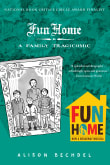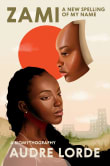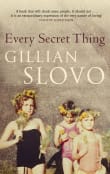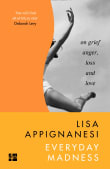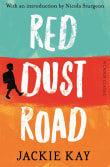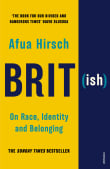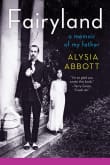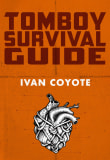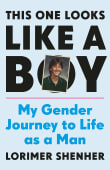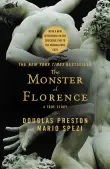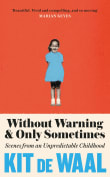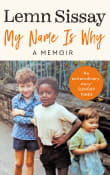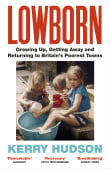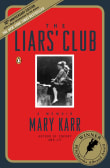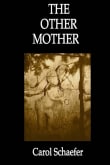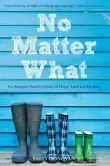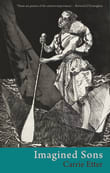Why Be Happy When You Could Be Normal?
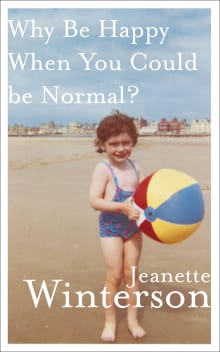
Book description
The shocking, heart-breaking - and often very funny - true story behind Oranges Are Not the Only Fruit.
In 1985 Jeanette Winterson's first novel, Oranges Are Not the Only Fruit, was published. It was Jeanette's version of the story of a terraced house in Accrington, an adopted child, and the…
Why read it?
7 authors picked Why Be Happy When You Could Be Normal? as one of their favorite books. Why do they recommend it?

One thing about being adopted is you have an in-built radar to seek out others who are too. I read Jeanette Winterson’s first novel, Oranges Are Not The Only Fruit when I was a teenager, and since then, I have been in awe of her as a writer and her ability to eloquently describe her personal experience as an adoptee.
This book is her autobiography, and there were occasions while reading it that I had to stop and cry. Finally, someone else had written about what I had kept holed up inside me. Her final chapter, "The Wound," speaks so…
From Polly's list on capturing the experience of adoption.

This list wouldn’t be complete without a first-person memoir, a woman’s lived experience in a woman’s voice. And what better memoir to choose than Winterson's searingly honest account of how she reclaimed her childhood through the power of language.
In writing that is naked and brave, Winterson reveals a childhood that was ghastly, even Dickensian, but that was the crucible for Winterson’s incendiary talent.
From Jan's list on exploring the world from a female point of view.

Published twenty-one years after her autobiographical novel, Jeanette Winterson’s memoir lays bare her experience as an adoptee.
Her adoption is not a happy one, with her strict Pentecostal adoptive mother rejecting her, locking her out of the house, and even subjecting her to an exorcism. Winterson eventually reunites with her birth mother, which leads to an emotional collapse.
As an adopter, I found this to be a painful but important read, and I am grateful to Winterson for writing her truth.
From Shanta's list on the adoption triangle in poetry and prose.

Jeanette Winterson writes her upbringing as an only, adopted child with a mother who hated being a nobody and found her life in church, who used face powder, but not lipstick – too fast and loose. Written with wry prose. "My mother was a snob and she didn’t like me mixing with the dog biscuit girls from Oswaldtwistle." A child longing for love and loyalty, wrestling with a mother who parcelled out either one on ration. It is a brilliant portrayal of the mother-daughter dynamic, a memoir that captures the Lancashire spirit of family life, roll up your sleeves and…
From Jools' list on un-miserable memoirs with tricky family history.

I read Jeanette’s memoir after reading her fictionalized parallel version, Oranges Are Not the Only Fruit. In reading the pair, I met the confluence of artistic license and memoir, adopting some of the lessons in drafting my first story. The triumph of education and hope after the pathos of childhood abandonment, abusive parenting, and homelessness helped me find my own strength amidst a mid-life crisis. Her ability to survive and write about Mrs. Winterson inspired me to write about my father’s abusive relationship and my own personal blemishes.
From A.M.'s list on dysfunctional family, gender identity, and murder.

I had loved Oranges Are Not the Only Fruit, Winterson’s powerful, fictionalized version of her childhood as a queer child adopted into a Pentecostal family. For me, the intense potency of Winterson’s memoir grew as I read. She stoically copes in childhood with her adopted mother’s ongoing abuse and rejection, locking her for hours in the coal bin or out on the doorstep. At sixteen, Winterson is forced to leave home because of being in love with a woman. In adulthood, her childhood trauma catches up with her as she sinks into profound depression and a kind of…
From Chana's list on LGBTQ memoirs of trauma and transformation.

Jeanette returns to her life story twenty-five years after Oranges are the Only Fruit. She escapes the religious cult she grew up in and finds solace and excitement in sexuality and learning. And she takes us on the journey of discovering her routes, her biological mother, her acceptance of Mrs. Winterson, and her struggles to live with the wounds of displacement, of being the wrong child, of bringing joy to those who love her words.
From Susie's list on contemporary memoirs by women.
Want books like Why Be Happy When You Could Be Normal??
Our community of 12,000+ authors has personally recommended 100 books like Why Be Happy When You Could Be Normal?.
